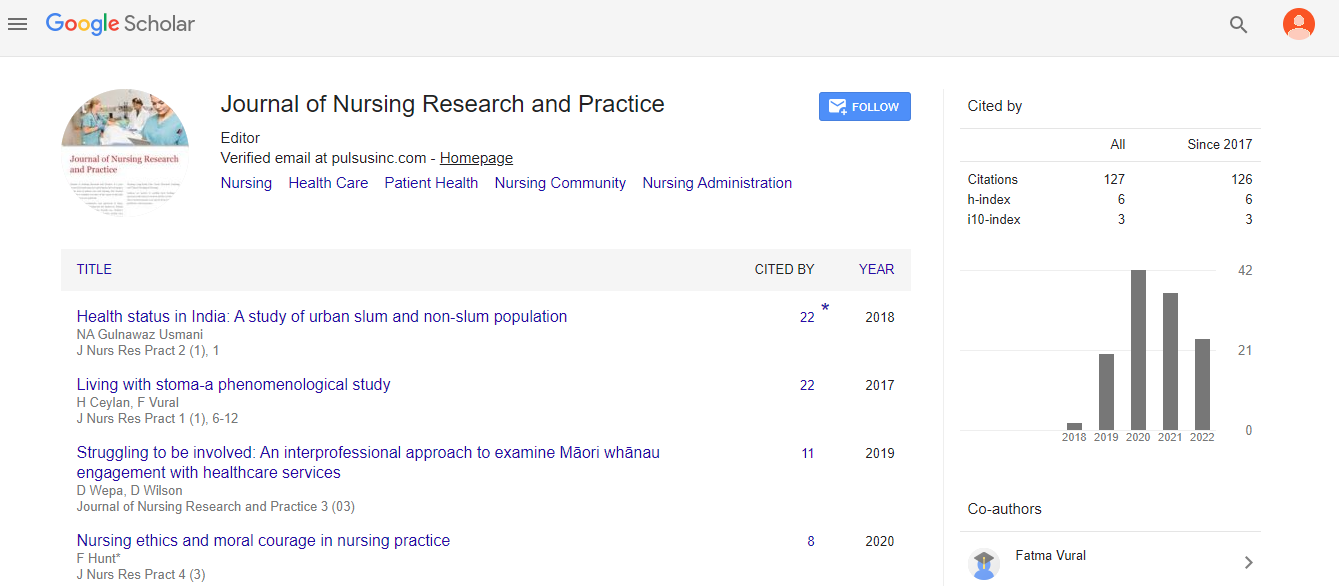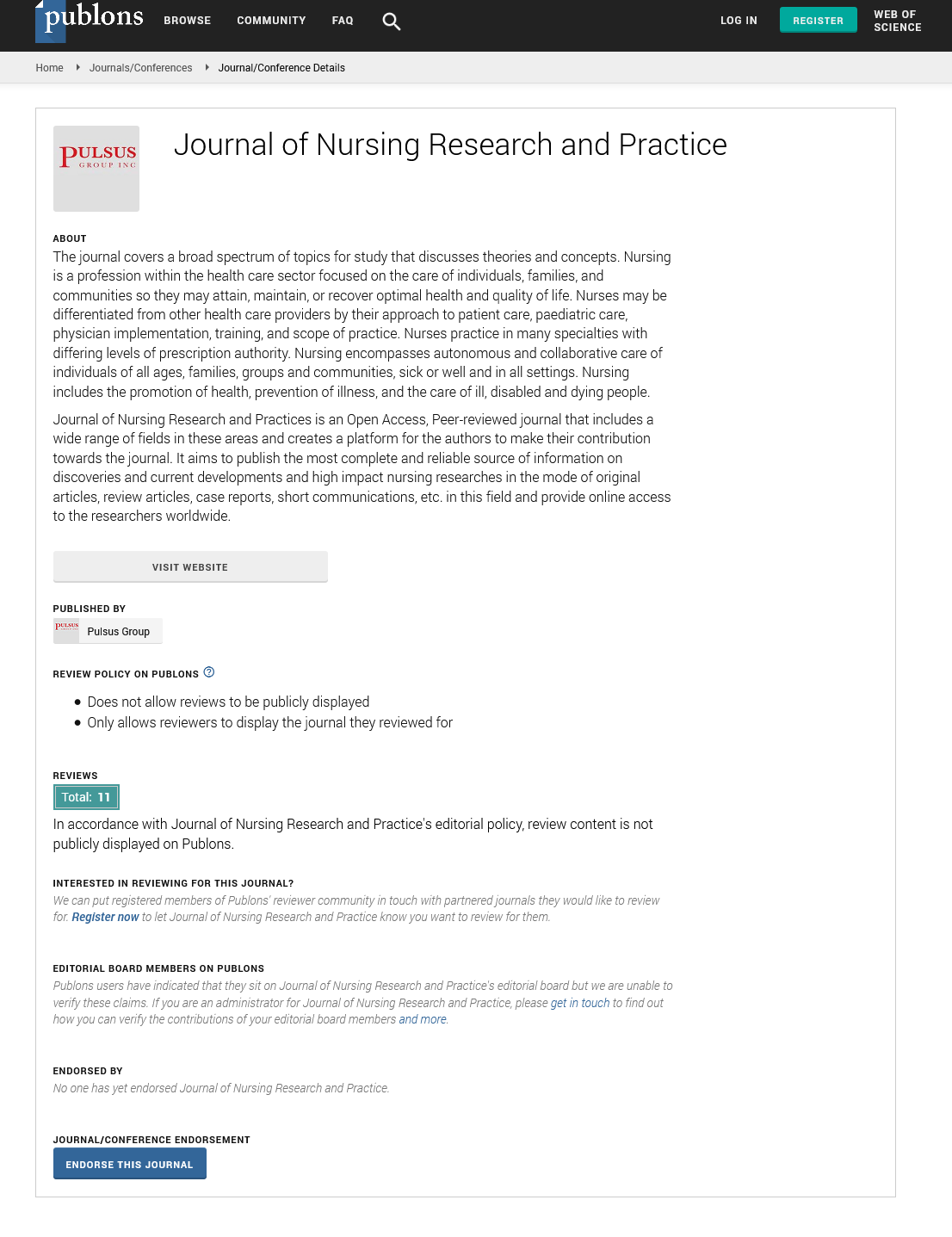
Sign up for email alert when new content gets added: Sign up
Point-of-Care Testing in the inpatient and critical care settings
3rd Global Experts Meet on Health Care and Nursing
November 25, 2021 | Webinar
Dr Sumedha Sahni
MD, Healthcare Consultant, UAE
Posters & Accepted Abstracts: J Nurs Res Pract
Abstract :
Laboratory tests provide over 70% of diagnostic evidence and are pivotal for clinical decision support. These are traditionally performed within clinical laboratory settings by lab professionals. However, when a rapid turnaround time is needed, a category of tests called point-of-care tests are increasingly performed by non-lab professionals, generally by nursing staff, closer to patients. For example, in critical care settings such as the ICU, ED and OR, results of certain lab tests made available within minutes provide physicians with rapid insight into the criticality of patients, enabling immediate implementation of life saving therapeutic measures. Some of these tests are also used in inpatient wards, particularly when frequent monitoring of a specific parameter like blood or urine glucose is required. The simplicity of most point-of-care tests and their ease of performance is offset by the multitude of factors that could negatively impact the quality of results that the physician receives. These include the quality of devices and reagents used, the training and competency of staff, the mode of reporting of test results, ICT systems and connectivity and the existence of a POCT quality management program. In this presentation, the advantages and disadvantages of point-of-care testing will be reviewed, with special emphasis on the common challenges encountered in inpatient and critical care settings. Measures for improving the accuracy of test results, patient safety and ensuring potentially better clinical outcomes will be highlighted.
Biography :
Dr. Sumedha Sahni, MD, is a Lab Medicine expert with over 30 years of experience. A Gold Medalist, after 14 years at a teaching hospital in Mumbai (India), she helped set up and led a Clinical Reference Laboratory in India - SRL Diagnostics, achieving many firsts in the industry, including CAP and NABL accreditations. As Director Quality for Welcare (now Mediclinic) UAE, she started them on their JCIA journey before joining Johns Hopkins in 2006 to transform Tawam Hospital Labs under Abu Dhabi’s healthcare system, establishing new services, achieving accreditations and winning the Arab Health Award (2011). Thereafter, she headed Medical Affairs for Becton Dickinson (BD) in the EMA region. Sumedha is now an independent healthcare consultant under her own banner of @ Sumedha Sahni & Company – Global Healthcare Consulting” and is based in the UAE.





